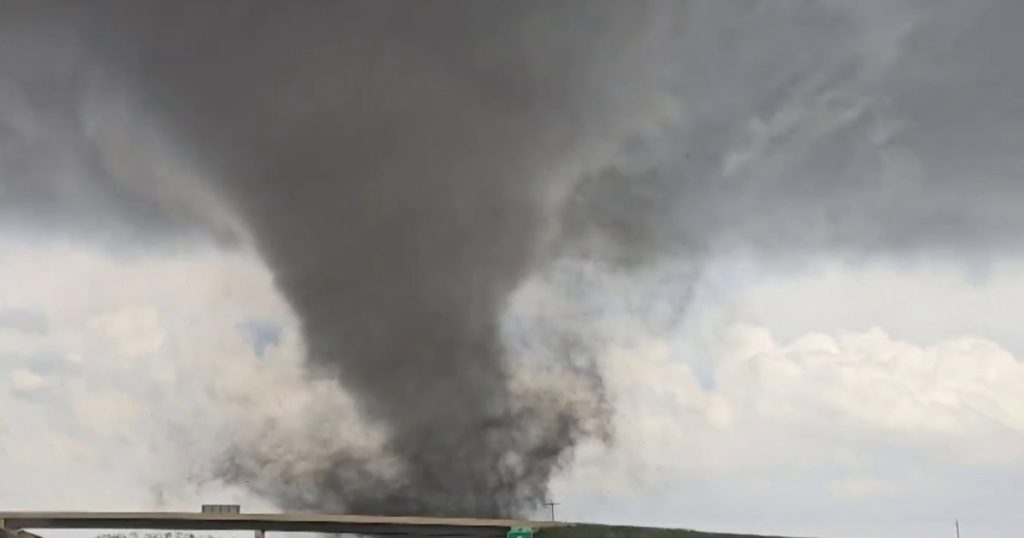The content covers the topic of climate change and its impact on various aspects of our planet. The first section delves into the science behind climate change, explaining how human activities have led to an increase in greenhouse gas emissions and a rise in global temperatures. This has resulted in more frequent and severe weather events such as hurricanes, droughts, and heatwaves. The consequences of climate change are far-reaching, affecting everything from agriculture and food security to biodiversity and public health.
The second section focuses on the impacts of climate change on agriculture and food security. Changes in temperature and precipitation patterns can lead to crop failures, food shortages, and malnutrition, particularly in vulnerable regions of the world. The loss of biodiversity and degradation of ecosystems also pose a threat to food production and the sustainability of our food systems. Addressing these challenges requires a combination of mitigation efforts to reduce greenhouse gas emissions and adaptation strategies to build resilience in the agricultural sector.
In the third section, the content discusses the impact of climate change on biodiversity and ecosystems. Rising temperatures, changing rainfall patterns, and extreme weather events are disrupting ecosystems and threatening the survival of many plant and animal species. Loss of habitat, ocean acidification, and deforestation are some of the key drivers of biodiversity loss. Protecting and restoring ecosystems is essential for preserving biodiversity and ensuring the continued provision of ecosystem services such as pollination, water purification, and carbon sequestration.
The fourth section examines the link between climate change and public health. Climate-related events such as heatwaves, floods, and wildfires can have direct and indirect impacts on human health, exacerbating existing health disparities and increasing the risk of disease outbreaks. Poor air quality, water scarcity, and food insecurity are among the health risks associated with climate change. Building climate-resilient health systems and implementing policies to reduce pollution and protect vulnerable populations are critical for safeguarding public health in a changing climate.
The fifth section addresses the role of governments and international cooperation in addressing climate change. The content emphasizes the need for global collaboration to achieve the goals set out in the Paris Agreement and limit global warming to well below 2 degrees Celsius. Countries must take ambitious action to reduce emissions, transition to renewable energy sources, and support vulnerable communities in adapting to the impacts of climate change. Multilateral efforts such as the United Nations Framework Convention on Climate Change play a crucial role in coordinating action and mobilizing resources to address this global challenge.
In the final section, the content concludes by highlighting the importance of individual action in combating climate change. While government policies and international agreements are crucial for driving systemic change, individuals can also make a difference by adopting sustainable practices in their daily lives. From reducing energy consumption and waste to supporting green businesses and advocating for climate action, everyone has a role to play in building a more sustainable future. By working together at all levels – local, national, and global – we can mitigate the impacts of climate change and protect the planet for future generations.


